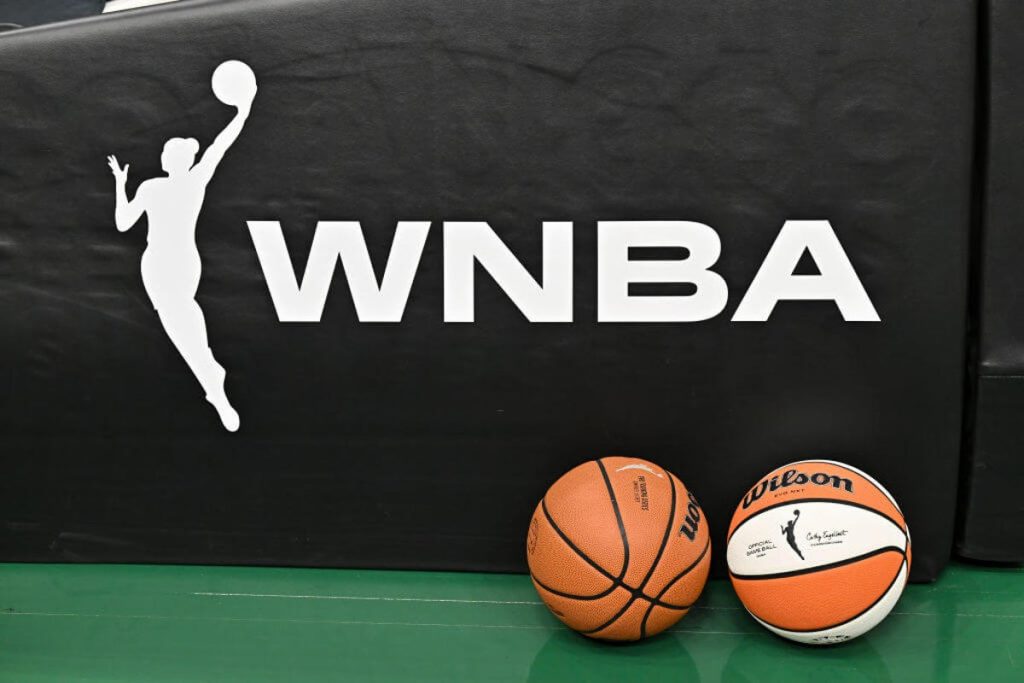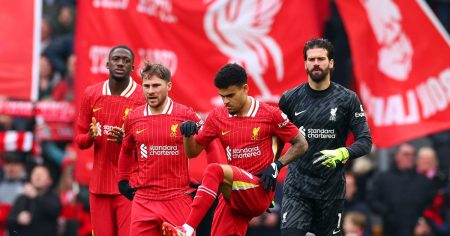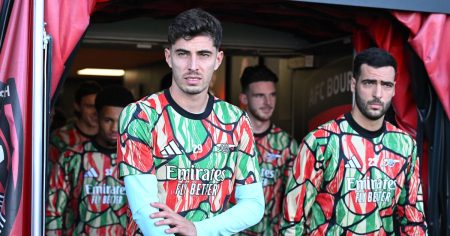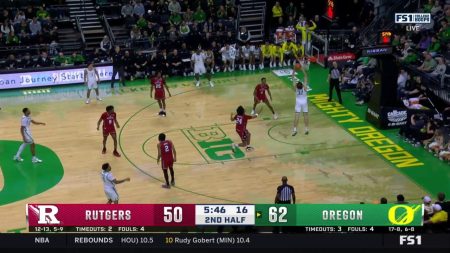The WNBA’s Expansion Journey: A New Chapter for Women’s Basketball
Introduction to the WNBA’s Expansion
The WNBA is on the brink of an exciting new chapter as it prepares to welcome its 16th franchise. With free agency in full swing and star players moving to new teams, the league is also busy evaluating bids from over 10 potential ownership groups hoping to bring a WNBA team to their city. This expansion is part of Commissioner Cathy Engelbert’s vision to grow the league to 16 teams by 2028. The process is not just about adding another team but about building a sustainable future for women’s basketball, with a focus on strong ownership, state-of-the-art facilities, and passionate fanbases. The league has already announced recent expansions, including the Golden State Valkyries, set to debut this season, and teams in Portland and Toronto, which will begin play in 2026. Now, the WNBA is considering bids from cities across the U.S., each with its own unique story and vision for how to contribute to the league’s growth.
Cities in the Running for the 16th WNBA Franchise
The race for the 16th WNBA franchise is heating up, with several cities making strong cases to join the league. Among the nine confirmed bids, each city brings its own set of advantages and commitments.
- Austin, Texas: A group led by former Milwaukee Bucks co-owner Marc Lasry, NBA All-Star Kevin Durant, and WNBA legend Fran Harris has submitted a bid to bring a team to Austin. The team would likely play at the Moody Center and has plans to build a dedicated practice facility. Durant’s involvement, within the limits of WNBA ownership rules, adds star power to the bid.
- Charlotte, North Carolina: The Charlotte Hornets ownership group, led by Erica Berman, is bidding to bring the WNBA back to a city that once housed the Charlotte Sting. The Hornets organization has expressed its commitment to women’s basketball and the passionate fanbase that remains in Charlotte.
- Cleveland, Ohio: Cleveland Cavaliers owner Dan Gilbert is leading a bid to revive WNBA basketball in Cleveland, a city that previously hosted the Cleveland Rockers until 2003. The team would play at Rocket Mortgage FieldHouse and plans to establish its own practice facility.
- Denver, Colorado: The Dimond family, along with Ibotta CEO Bryan Leach and his family, is bidding to bring a WNBA team to Denver. The group aims to build a purpose-built arena for the team, signaling a long-term investment in women’s basketball.
- Detroit, Michigan: A star-studded ownership group, including Detroit Pistons owner Tom Gores, NBA Hall of Famers Grant Hill and Chris Webber, Lions owner Sheila Ford Hamp, and quarterback Jared Goff, is hoping to bring the WNBA back to Detroit. The city previously hosted the Detroit Shock, which relocated in 2009. The new team would play at Little Caesars Arena and have a dedicated practice facility.
- Houston, Texas: Houston Rockets owner Tilman Fertitta has submitted a bid to bring a WNBA team back to Houston, a city that once celebrated four consecutive championships with the Houston Comets. The team would play at Toyota Center, adding to the city’s rich basketball history.
- Kansas City, Missouri: A group led by NWSL’s Kansas City Current co-owners Angie Long, Chris Long, Brittany Mahomes, and NFL star Patrick Mahomes has submitted a bid. The group has secured a deal with T-Mobile Center as the team’s home and plans to build a 60,000-square-foot practice facility. Mahomes has been vocal about his support for women’s sports, calling the opportunity a “no-brainer.”
- Nashville, Tennessee: Nashville Predators owner Bill Haslam and his wife, Crissy, are leading a bid to bring a team to Nashville. The ownership group includes basketball legend Candace Parker, NFL icon Peyton Manning, and country music stars Faith Hill and Tim McGraw. The team would be named the Tennessee Summitt in honor of the late Pat Summitt, a legendary women’s basketball coach.
- Philadelphia, Pennsylvania: The ownership group behind the Philadelphia 76ers, Harris Blitzer Sports & Entertainment, has expressed interest in bringing a WNBA team to the city. The group has announced plans to build a new stadium, signaling a major commitment to women’s basketball in Philadelphia.
Each of these cities brings a unique combination of basketball history, ownership strength, and market potential, making the decision for the WNBA a challenging but exciting one.
Ownership and Venue Plans: Building for the Future
The WNBA has made it clear that ownership strength, arena quality, and practice facilities are key factors in evaluating bids. Many of the ownership groups involved in the current expansion process have demonstrated their commitment to these areas.
For example, in Austin, the ownership group plans to build a dedicated practice facility if the bid is successful, ensuring that players have top-notch resources. Similarly, in Kansas City, the group has already secured land for a state-of-the-art practice facility, signaling a long-term investment in the team’s success. In Denver, the group’s proposal for a purpose-built arena highlights the importance of creating a home specifically designed for a WNBA team.
NBA ties are also a common theme among recent expansion groups. For instance, the Golden State Valkyries are owned by the same group that owns the NBA’s Golden State Warriors, while the Portland and Toronto franchises have ownership ties to the NBA’s Trail Blazers and Raptors, respectively. This trend suggests that the WNBA values partnerships with established sports organizations, which can provide resources and expertise.
However, not all bids are tied to NBA markets. Cities like Nashville, Austin, and Kansas City are vying to become independent WNBA markets, proving that the league’s appeal extends beyond traditional NBA cities.
The WNBA’s Evaluation Criteria
As the WNBA evaluates the bids, several factors will play a crucial role in determining the next franchise location. Commissioner Cathy Engelbert has emphasized that the league is looking for ownership groups that can provide long-term stability, arenas that meet the league’s standards, and practice facilities that ensure players have access to the best resources.
Market research and demographics are also important considerations. The WNBA wants to identify cities with a strong fanbase and a demonstrated interest in women’s basketball. For example, Kansas City’s bid highlights the lack of a WNBA team within 400 miles, positioning the city as a regional hub for women’s basketball. Similarly, Detroit’s bid draws on the city’s history of supporting the Detroit Shock, indicating a passionate fanbase ready to embrace a new team.
Player experience is another key factor. The WNBA has seen increased player movement during free agency, with athletes prioritizing teams that offer high-quality facilities, strong organizational support, and a commitment to their success. Prospective ownership groups are well aware of this trend, with many bids including detailed plans for player amenities.
Timeline for the New Franchise
The WNBA’s expansion timeline is carefully designed to give new franchises ample time to prepare for their debut. For example, the Golden State Valkyries, announced in October 2023, will begin play in May 2025 after a year and a half of preparation. Similarly, the Toronto franchise, announced in May 2024, has two years to build its team and brand before its first game in 2026.
If the 16th franchise is awarded in 2027, the WNBA would likely make the announcement this fall to provide the team with a similar preparation window. However, if the league decides to delay the expansion until 2028, the announcement could come as early as 2026.
Recent developments in Toronto and Portland provide a glimpse into how new franchises are taking shape. The Toronto Tempo has already hired its general manager, Monica Wright Rogers, and begun selling merchandise, while Portland plans to unveil its team name by spring. These steps highlight the importance of building a strong brand and infrastructure before the team’s debut.
Conclusion: A Bright Future for the WNBA
The WNBA’s expansion process is not just about adding another team; it’s about building a stronger, more sustainable future for women’s basketball. With over 10 ownership groups vying for the 16th franchise, the league is in a great position to choose a city that aligns with its vision for growth and success.
The diversity of the bids, from NBA-affiliated markets to independent cities, reflects the WNBA’s broad appeal and potential for expansion. Regardless of which city is chosen, the addition of a new franchise will bring more opportunities for players, fans, and the sport as a whole. As Commissioner Engelbert said, “The nice thing is we’re getting a lot of calls.” The WNBA is answering those calls with a thoughtful and strategic approach to expansion, ensuring that women’s basketball continues to thrive for years to come.












